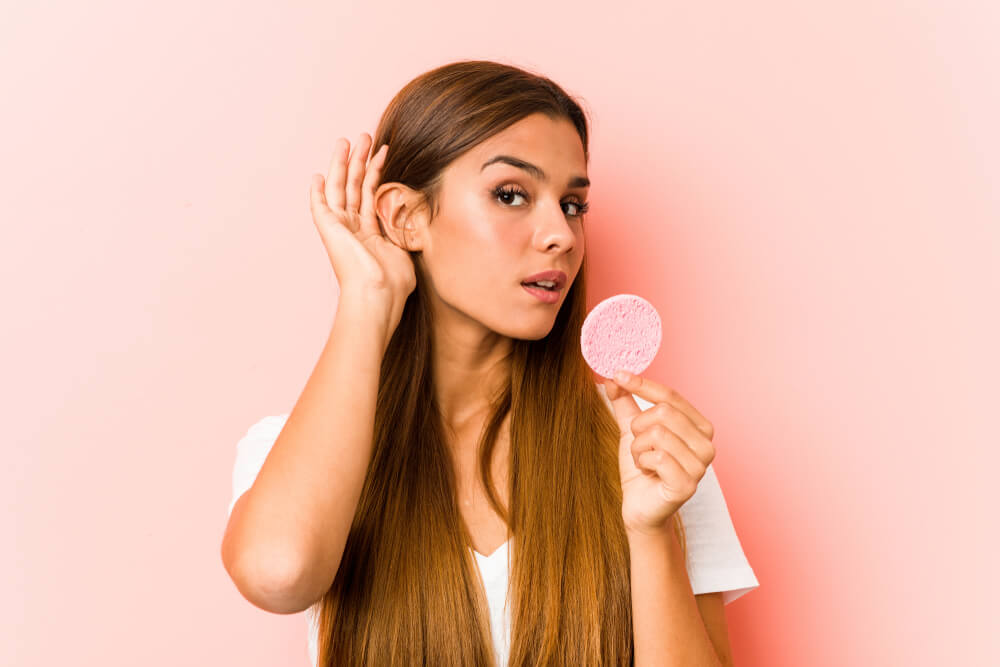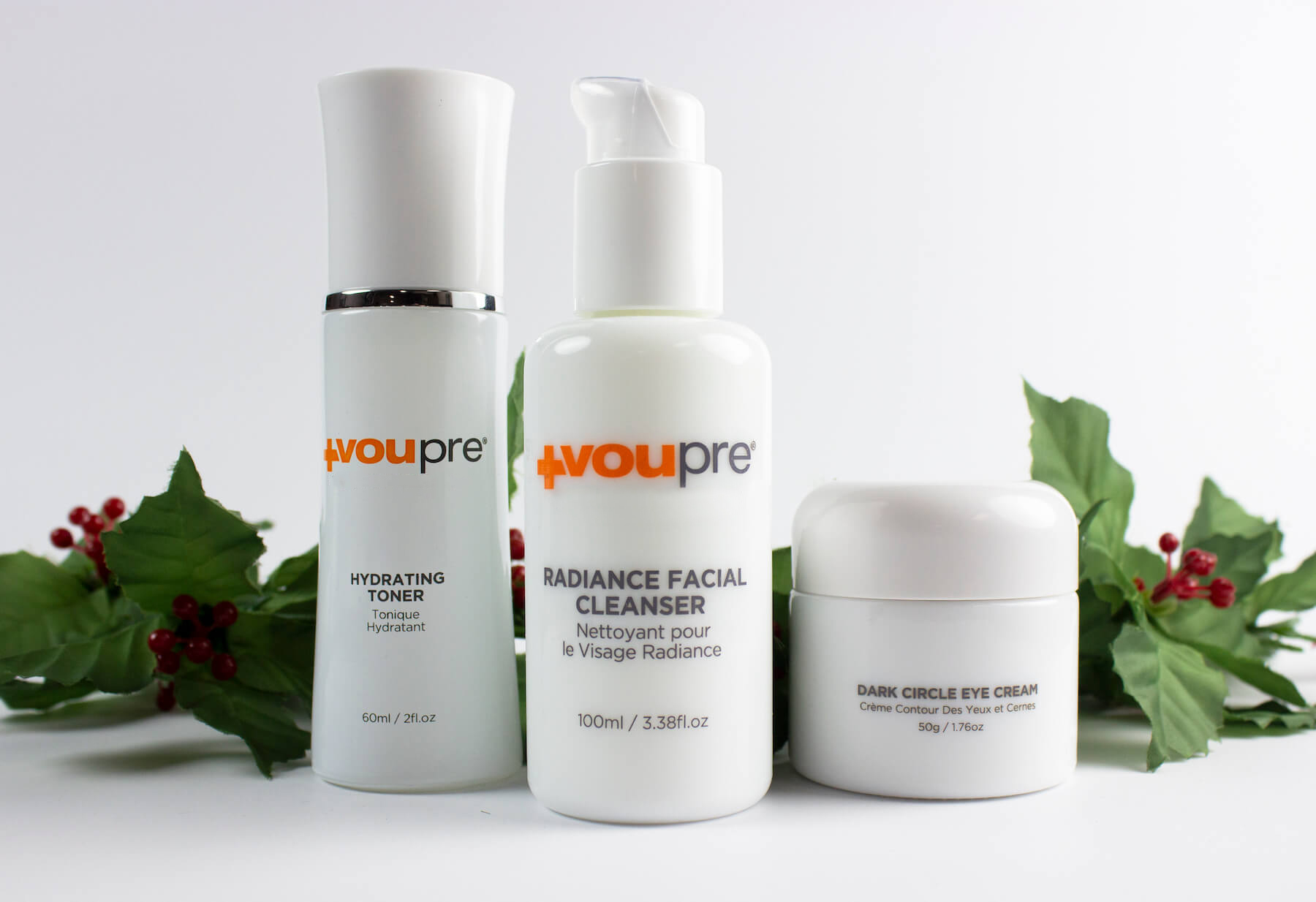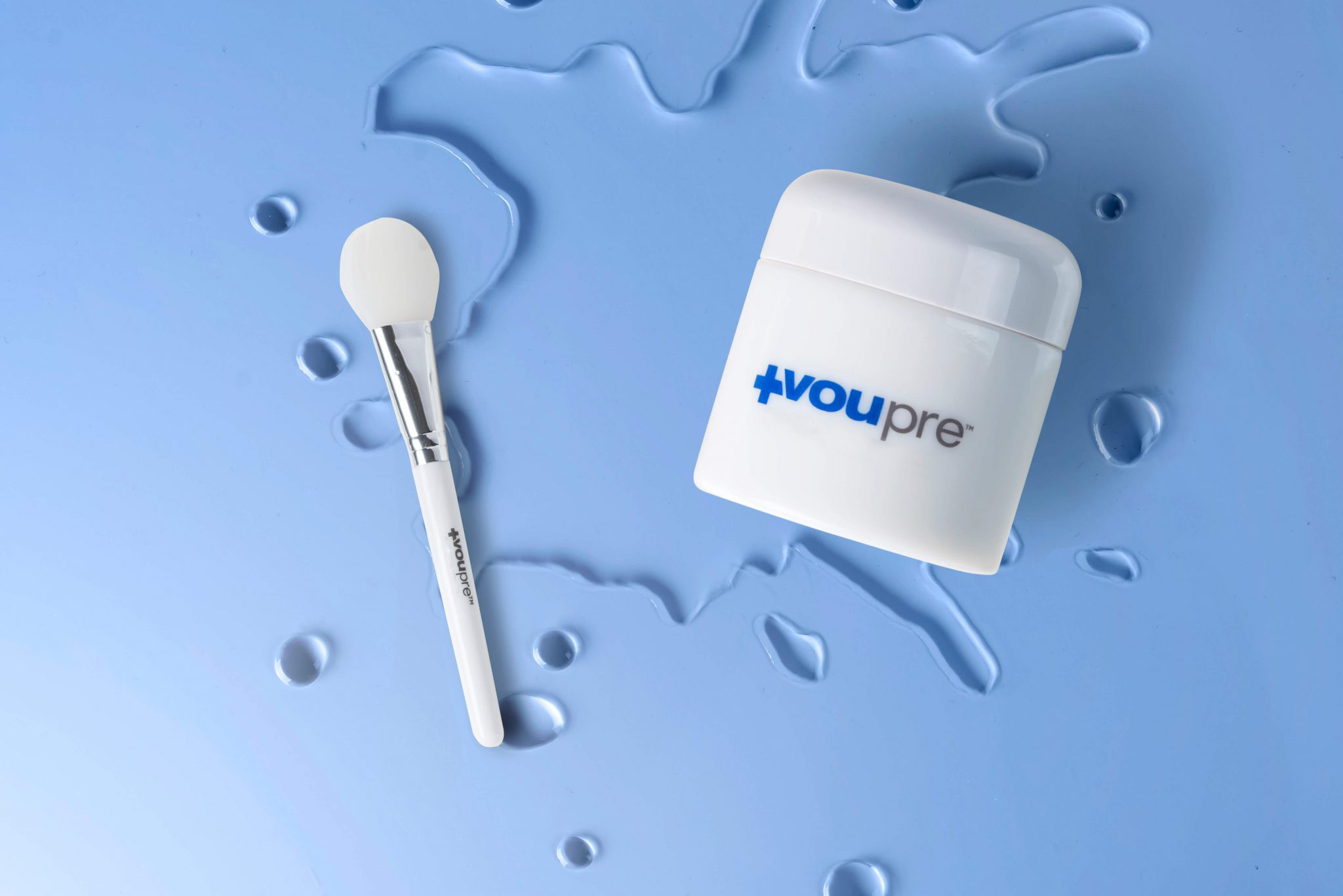
Published:
Over the years, the skincare industry has been hit by scandal after scandal. From hormone-disrupting preservatives to skin-destroying chemicals, it’s easy to see why consumers are becoming increasingly wary about what they put onto their skin.
This, coupled with the movement for sustainability that has been trending in just about every other industry, has led to a surge of all-natural beauty products appearing on shelves. These formulas claim to be healthier alternatives – some brands even declare that their skincare products are safe enough to eat!
There’s definitely no denying the wide appeal that clean beauty has. The lack of synthetic ingredients gives consumers peace of mind when using this product. This is why more and more beauty brands are now jumping onto the all-natural bandwagon. Research estimates that one-third of the beauty market in the USA is now labeled as clean.
So, what’s the problem?
The issue is that while these products claim to be natural, organic, sustainable, and more, very few of them actually are. All over the world, consumers are being misled to believe that natural skincare is the way to go, when, instead, these products could potentially be causing even more harm to both your skin and the environment.
Read on as VouPre explores this skincare scandal in more detail!
Beauty Buzzwords Are Rarely Regulated
Although the ‘clean beauty’ term was established in the 1990s, this aspect of skincare is still lacking in regulations. The word ‘natural’, for example, doesn’t have a clear legal definition behind it. This leaves it open to interpretation, which every brand does in its own way. Some may go all out and fill their products with nothing but plant-derived ingredients while others may, and do, include a single ingredient of natural origin in amongst a long list of toxic compounds while still declaring their product to be natural.
Without any set standards and regulatory bodies to govern these terms, they’re essentially meaningless. Anyone can use them, making those ‘natural’ labels on skincare products – the ones that sway a consumer to choose one product over another – worthless.
All-Natural Isn’t Always Better

Even if a skincare brand genuinely uses only natural ingredients in their products, this doesn’t necessarily make them better.
There’s no denying that natural ingredients most certainly have their place in skincare products. We use a wide range of them when formulating VouPre products, with everything from green tea to aloe vera to flower extracts making an appearance.
However, just because an ingredient is natural doesn’t make it better. You wouldn’t want to apply, say, poison ivy to your face. Sure, that’s an extreme example but there are numerous other natural ingredients out there that can trigger similar unwanted effects. In fact, one study found that more than 94% of all-natural skincare products contain ingredients that commonly trigger contact dermatitis. Even a single application can lead to weeks of painful blisters and scaly, flaky skin.
This is something that many people don’t realize when they vouch for the inherent safety of all-natural products. It’s easy to believe that a formula filled with essential oils, for example, would be better than a product containing a long list of ingredients that you can’t pronounce. However, in reality, the complex composition of these ingredients isn’t often fully understood by the brands that use them. This is why several studies have noted a significant increase in reports of skin reactions caused by such ingredients. Their usage has become much more widespread, but this isn’t necessarily a good thing.
Lab-Produced Synthetic Ingredients Shouldn’t Be Shunned

We wholeheartedly agree that there are many natural ingredients out there that are fantastic for the skin. Our Aqua Melting Mask, for example, shines because of its superfruit content.
At the same time, lab-produced synthetic compounds shouldn’t be dismissed. There’s a place for both in the skincare world, with advancements in science and technology meaning that those lab-produced ingredients are capable of becoming more and more effective as each year passes.
Take sodium hyaluronate, which you’ll find in several VouPre products. It’s a humectant that’s revered for how it binds moisture to the skin. This immediately hydrates the skin, leaving it looking plump, dewy, and healthy. Even though it’s synthetically produced, it has undergone numerous safety trials and has passed each one with flying colors. In fact, since it’s produced in a lab, the safety standards that it has to adhere to are very stringent. More importantly, side effects from using sodium hyaluronate are extremely rare. The ingredient is not associated with any health problems in the way that some natural ingredients are.
If you want to give your skin the very best, shunning this ingredient would be a mistake. Yet, it’s one that many make by only opting for all-natural products. The same applies to so many other ingredients that people end up missing out on, simply because they don’t have a natural origin.
Questioning Sustainability
While some people opt for all-natural skincare products because they believe them to be safer and better for their skin, others do so for environmental reasons. This is down to how many common synthetic skincare ingredients, such as silicones, are infamous for their detrimental environmental consequences. As a result, when they spot the ‘all-natural’ label on a skincare product, they believe that they’ll be doing the environment a favor by choosing it.
Unfortunately, this is often not the case. Many natural ingredients have a devastating impact on the environment too. Take palm oil, for example. It’s an ingredient commonly used in natural skincare products. However, the production of it is primarily responsible for the deforestation of some of the most diverse habitats in the world.
There are so many natural ingredients out there that have fallen victim to over-harvesting. Reports point to argan oil and juniper being particularly targeted. Sure, there are still ways for these ingredients to be produced in a sustainable manner, but the cost of seeking these out would be astronomical for the average skincare company.
Of course, in this day and age, if we’re talking about the environment, a product’s overall carbon footprint should be considered too. Again, it’s easy to understand why people believe that natural products would have a lower carbon footprint. However, again, this isn’t often the case.
Instead, producing an ingredient in a lab usually uses less water and labor. Those ingredients also don’t need to be shipped around the world as each country can produce its own. Overall, this means that lab-produced ingredients often have a lower carbon footprint than their natural counterparts.
Natural Vs. Naturally-Derived
Another problematic area when it comes to all-natural skincare products is the distinction between natural and naturally derived. Of course, since these terms aren’t regulated, there isn’t an official distinction at all.
Why does this matter?
Because many lab-produced ingredients are naturally derived. This means that they consist of one or more natural elements, which have been mixed with synthetic compounds. They may also contain synthetically produced ingredients that have been designed to mimic their natural counterparts.
Glycolic acid is a good example, an ingredient that you can enjoy in a VouPre Spa. In its natural form, it comes from certain plants, such as sugar cane and pineapple. However, most modern-day skincare formulas contain a synthetically produced version of the ingredient. It’s identical to the natural version, yet the fact that it has been produced in a lab means that its stability and efficacy can be guaranteed in a way that can never be done with natural ingredients.
Many people who seek out all-natural products flounder when it comes to ingredients such as these. They aren’t sure which side of the line they fall on, especially when it isn’t easy to ascertain whether a product contains a natural or synthetic form of a certain ingredient. More often than not, they’ll choose to avoid said ingredient, even if their skin could truly benefit from it.
So, What’s the Solution?
So, what’s the solution to this skincare scandal? What should you do if you only have the best intentions for your skin, as well as the environment?
The answer is simple. The best way forward is with products that bring together the best of science and nature. By all means, seek out products that contain natural ingredients, so long as those ingredients have been proven to be safe and effective. However, at the same time, don’t automatically dismiss synthetic compounds. Sure, there may be several harmful ones out there, but there are also plenty of others that do nothing but good for the skin.
The same applies the other way around too, which is why it’s so important to always do some research when shopping for new skincare products. Rather than being completely swayed by whether or not it contains only natural ingredients, do some digging into the lab-produced compounds involved – you’re likely to be surprised at how safe and stable most of them are.
This is the approach that we take at VouPre. Our skincare products combine research-backed ingredients from both science and nature. We harness the powers of both in a way that enables us to create cutting-edge, high-performance products. It’s why our products have the ability to transform the complexion in the way that they do, without leaving the skin feeling irritated or sensitive. Give some of our bestsellers a try for yourself and you’ll soon understand exactly what we mean!






